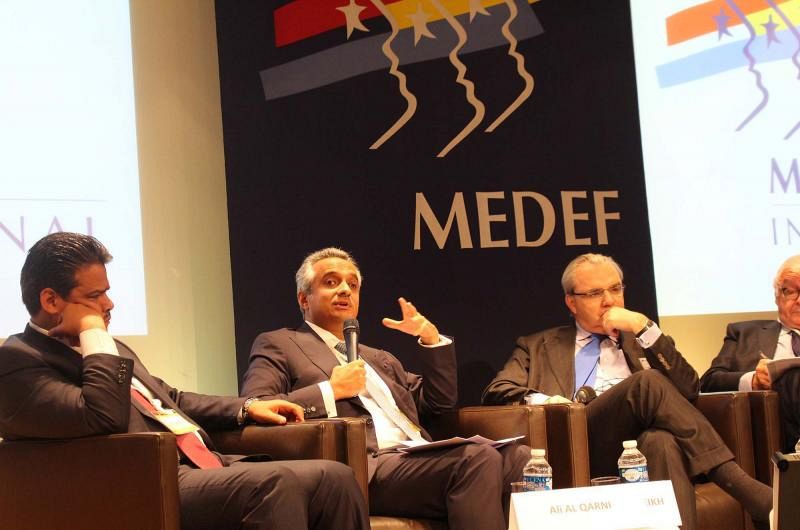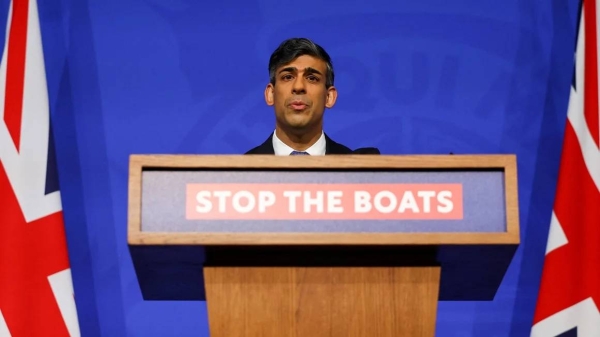
France was swept by a green wave on Sunday as ecology candidates won a number of major victories in the country’s local elections.
Early results suggested the biggest winners of the delayed vote would be the green party, Europe Ecologie Les Verts (EELV), while the election delivered the predicted blow to Emmanuel Macron’s La République en Marche (LREM) party, which has failed to take root locally since it was founded four years ago.
In Paris, the current mayor and favourite, Anne Hidalgo – who has been engaged in a bitter three-way battle – emerged with a large majority, polling just under half the votes cast in the capital.
Hidalgo, a Socialist, who is supported by EELV and the Communists, made tackling climate change and pollution the key element of her election programme. After her victory was announced, Hidalgo, in charge at City Hall for the last six years, said voters had chosen to make Paris more “ecological, social and humanist”.
“You have chosen hope, teamwork, a Paris that can breathe, that is better to live in, shows more solidarity and that leaves nobody to fall by the wayside,” she said in a brief speech.
In an election marked by the coronavirus, many people stayed away from polling stations, leading to an historic level of abstention.
The first round took place on 15 March, two days before France went into a strict two-month coronavirus lockdown. The second round, due to be held the following Sunday, was postponed.
Initial figures suggested only 40% of the 16.5 million in areas holding a second round turned out on Sunday to choose the mayors and councillors whose decisions affect their daily lives. Participation in the last local elections in 2014 was 52.4%.
At many Paris polling stations, protection methods including distancing marks on the ground and glass screens seemed hardly necessary given the trickle of voters. “It’s been like this all day,” said a security guard at one in the centre of the city. “Very quiet.”
More than 60% of local mayors had been already decided in the first round, but many major cities and towns, including Paris, Marseille, Toulouse and Lyon, remained up for grabs.
Lyon, France’s third largest city, changed colour, with the veteran former Socialist mayor Gérard Collomb, representing LREM, losing to the EELV candidate. Bordeaux, a bastion of the centre right, was also taken by the ecologists, as were Strasbourg, Besançon, Poitiers, Annecy and Tours.
In Lille, the Socialist party’s Martine Aubrey, mayor since 2001 and daughter of the “father” of the EU, Jacques Delors, won after a neck-and-neck battle with the Green candidate by just 227 votes.
Among the other main results were Le Havre, where the prime minister, Édouard Philippe, retained his mayoral seat with 59% of the vote. Speaking after his victory was announced, Philippe described the election as an “important democratic moment”. “The results are clear at Le Havre and I want to thank local people who continue to have confidence in me,” he said.
Philippe will be waiting to hear if he will return to Le Havre sooner than expected after Macron carries out his predicted government reshuffle in the next week or so.
In France’s southernmost city, Perpignan, the far-right candidate, Louis Aliot, a former partner of the Rassemblement National leader, Marine Le Pen, won in a major victory for the party.
There was another shock in Saint-Denis, the Paris banlieue run by the Communist party for the best part of a century, which elected a Socialist mayor.
Jérôme Fourquet of the pollsters Ifop said local elections were historically a way for the population to punish those in power. However, he said it would be difficult to interpret Sunday’s results because LREM, a fledgling party created to carry Macron to power in 2017, had few outgoing mayors. While Macron’s centrist party is dominating French politics at a national level, having fragmented the traditional right and left, it has little representation locally.
“LREM will score badly because it has no outgoing mayors to lose, it has to win,” Fourquet said. “And most French mayors come from the traditional right and left. This means, in terms of sanctioning those in power, it will not be easy to read.”
He added: “Nationally, there are two main forces in politics right now, the Rassemblement National and Macron. At a national level, Marine Le Pen is his main opponent. But these two forces are not present at a local level, where Les Républicains and the Parti Socialiste are most solid.”












